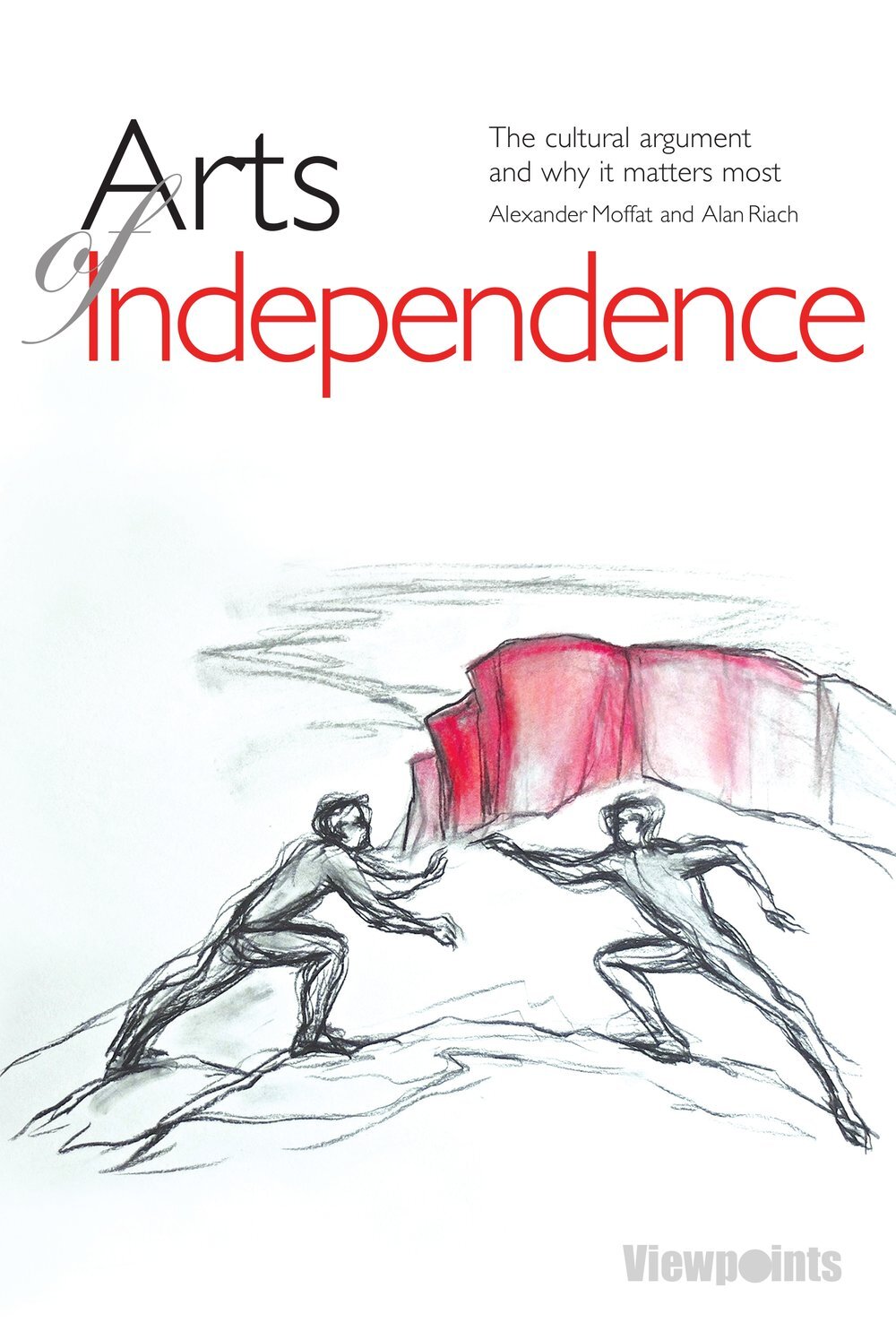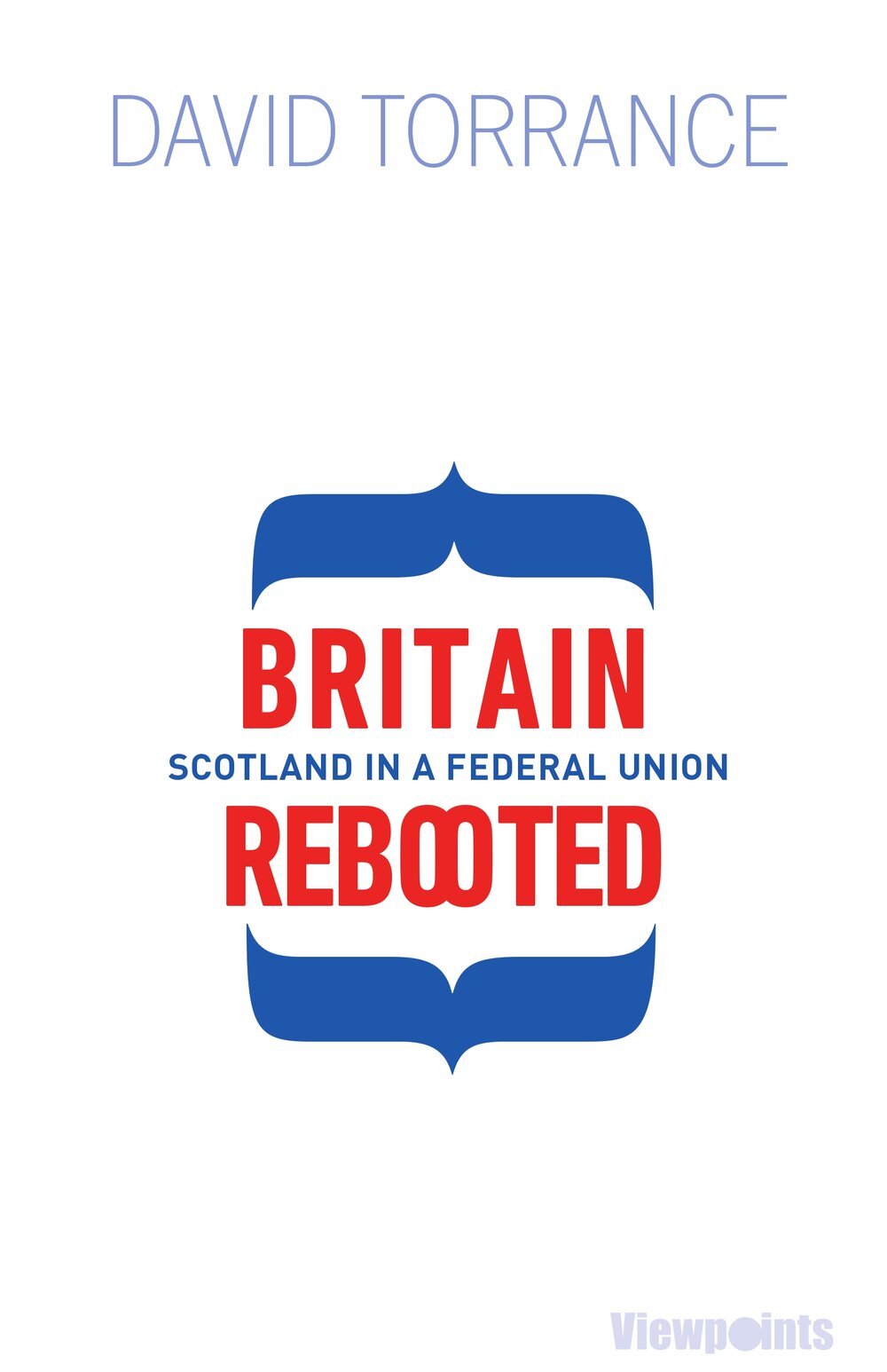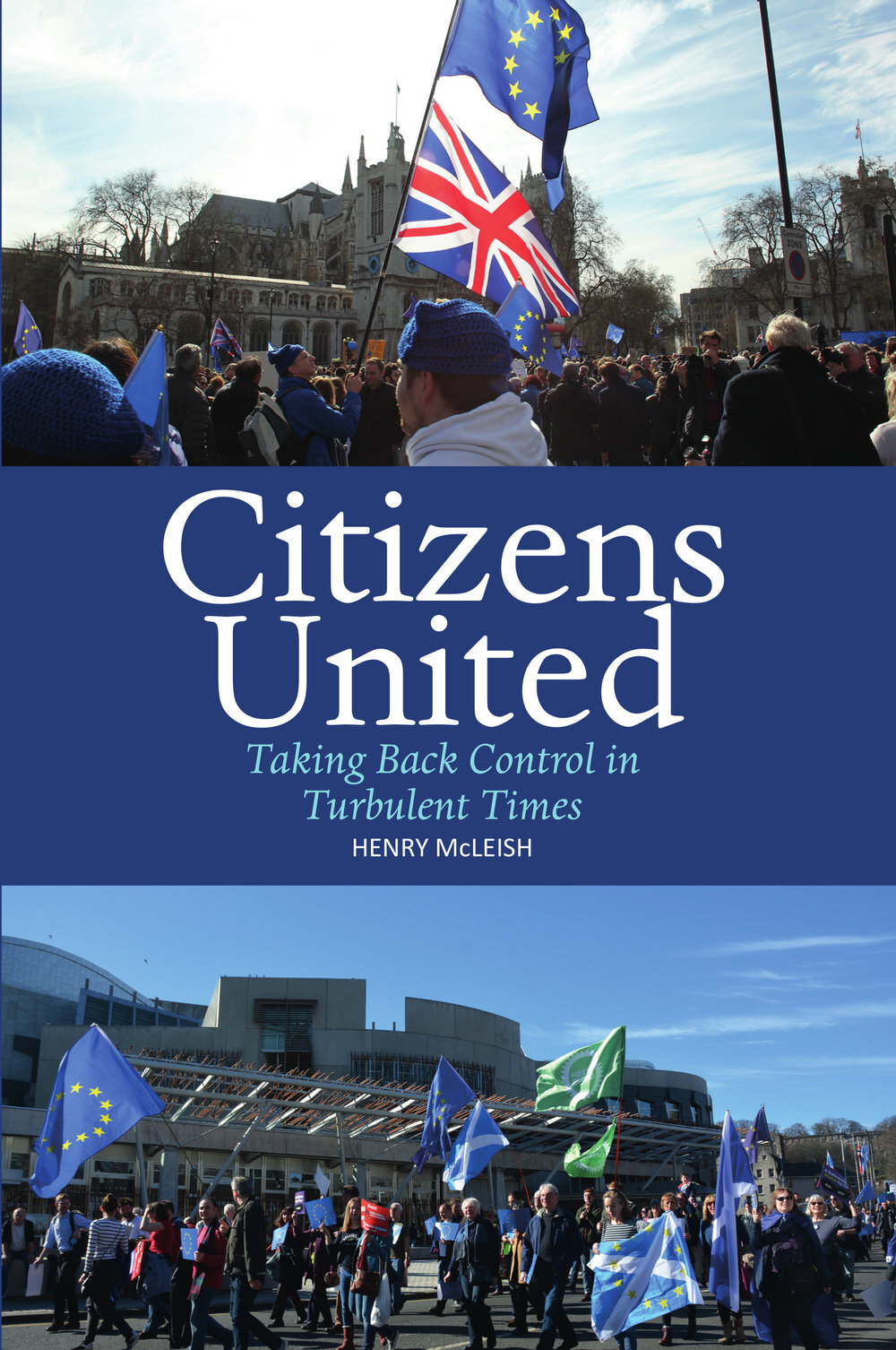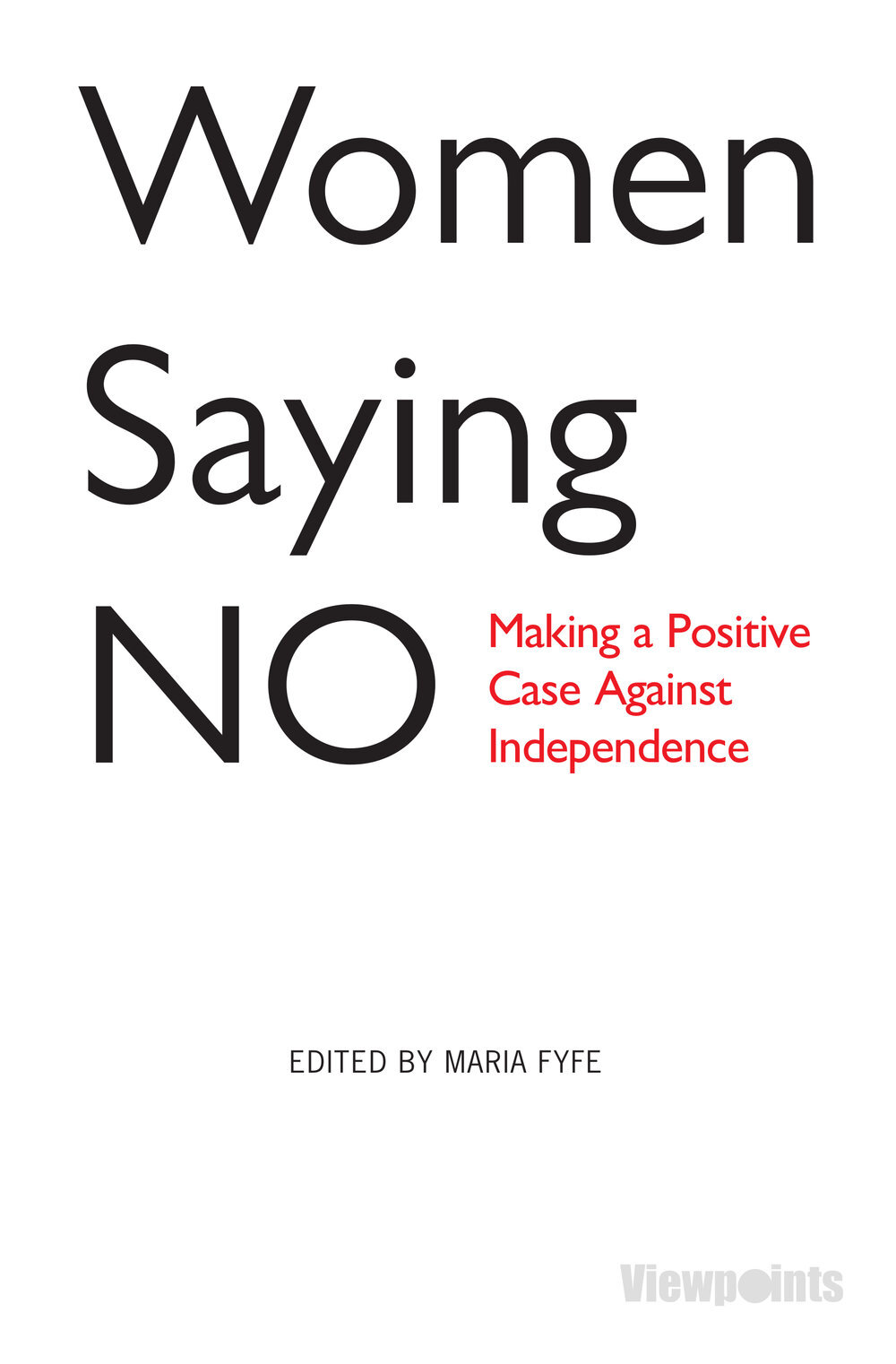A Constitution for the Common Good
A Constitution for the Common Good
Strengthening Democracy after the Independence Referendum
W. Elliot Bulmer
ISBN: 1st edition - 9781910021095; 2nd edition - 9781910021743
Binding: paperback
1st edition, Out of Stock; 2nd edition, In Stock
Back cover text:
Nearly every democracy in the world is built upon a written constitution, and constitutions have been at the core of citizens’ demands for better governance in places as disparate as Kenya, Tunisia and Ukraine. In light of developments following the independence referendum and the 2015 general election, constitutional change looks certain to remain central to the political agenda in Scotland for some time to come, and has entered the debate UK wide through calls for a federal system and David Cameron’s promise of English Votes for English Laws.
But what is a constitution for?
Is it a defensive charter to protect the basic structures of democratic government, or is it a transformative covenant for a better society?
How can the constitution sustain democracy and promote ethical politics while at the same time recognising and accommodating differences in society?
What difference would a good constitution make to the poor?
In addressing these questions, this book sets out a vision for how Scotland could reconstitute itself. It emphasises the connection between the constitution, democracy and the common good, arguing that democratic self-government is the true prize, regardless of the relationship of Scotland to the rest of the UK. This book not only makes a vital contribution to Scotland’s current and on-going constitutional debate, a debate that still rages despite the referendum result, but also engages with fundamental questions of constitutionalism and democracy that are of enduring relevance to both citizens and scholars around the world.
Reviews:
Academically insightful… Bulmer’s book is a rare example of a treatise on constitutional politics aimed at the general reader. The Scotsman on A Constitution for the Common Good
Dr W. Elliot Bulmer is one of the country’s leading experts on constitutional matters. Sunday Herald
Table of contents:
Contents
Acknowledgements
Preface to the Second Edition
Introduction
Chapter One: Does the Constitution still matter?
i Independence, Democracy and the Constitution
ii Independence, Sovereignty and Folkric
iii The Constitutional Debate before the Independence Referendum
iv Constitutionalism without Independence?
a A Federal United Kingdom
b A New Treaty of Union
c Home Rule
Chapter Two: How can Constitutions promote the common good?
i The Common Good as the Purpose of the State
ii What is the Common Good?
iii Common Good, Pluralism and Pre-commitment
iv Political Liberty as a Common Good
Chapter Three: How prescriptive should the Constitution be?
i The Case for Procedural Constitutionalism
ii The Limits of Prescriptive Constitutionalism
iii The Relationship between Procedural and Prescriptive Elements
Chapter Four: How could the Constitution strengthen democracy?
i Direct Democracy
ii Representation and Inclusiveness
iii Second Chamber: Senate or Tribunate?
iv Local Democracy
v Democratising Parties
Chapter Five: How can the Constitution promote good governance and accountability?
i Parliamentary Scrutiny and Fourth Branch Institutions
ii Recall and Popular Dissolution
iii Prime Ministerial Term Limits
iv Guarding the Guardians: Supervision of the Military and Security Services
Chapter Six: How can the Constitution reflect our values and identities?
i The Preamble and Para-Consitutional Covenants
ii Religion and State
iii Monarchy and National Identity
Chapter Seven: How can the Constitution help us to achieve social justice, tackle poverty and reduce inequality?
i Social and Economic Rights
ii Judicial or Political Enforcement
iii Beyond Rights: Empowering the People
Chapter Eight: How can the Constitution promote public ethics?
i The need for Good Citizenship
ii Education for Citizenship
iii Principles of Public Life and Codes of Conduct
iv Public Honours
Chapter Nine: How can we build a new constitutional settlement?
i Does process matter?
ii Stages of the process
iii Possible next steps
Appendices
Appendix A: A Constitution for an Independent Scotland
Appendix B: ‘A New Treaty of Union’
Appendix C: A Home Rule and Full Fiscal Autonomy Settlement for Scotland
Appendix D: A Constitution for a Federal United Kingdom
Endnotes








